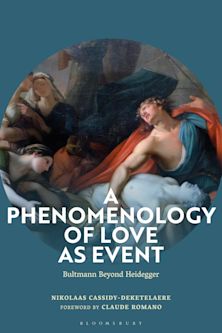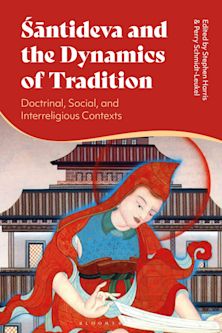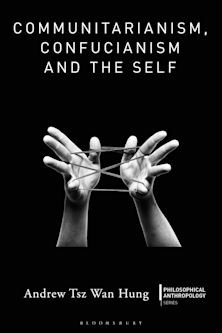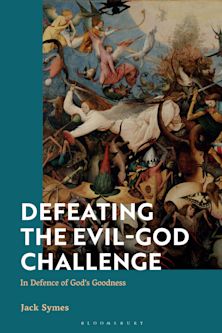- Home
- ACADEMIC
- Philosophy
- Philosophy of Religion
- Confucian Ritual and Moral Education
You must sign in to add this item to your wishlist. Please sign in or create an account
Description
It is widely accepted that moral education is quintessential to facilitating and maintaining prosocial attitudes. What moral education should entail and how it can be effectively pursued remain hotly disputed questions. In Confucian Ritual and Moral Education, Colin J. Lewis examines these issues by appealing to two traditions that have until now escaped comparison: Vygotsky’s theory of learning and psychosocial development and ancient Confucianism’s ritualized approach to moral education. Lewis argues first, that Vygotsky and the Confucians complement one another in a manner that enables a nuanced, empirically sound understanding of how the Confucian ritual education model should be construed and how it could be deployed; and second, just as ritual education in the Confucian tradition can be explicated in terms of modern developmental theory, this ancient notion of ritual can also serve as a viable resource for moral education in a contemporary, diverse world.
Table of Contents
Acknowledgments
Introduction
Chapter 1: Adaptation and Education: (Non)nativism and Moral Development
Chapter 2: Education and Moral Education: Vygotsky's Incomplete Account
Chapter 3: Confucian Ritual: A Definition
Chapter 4: The Ritual Cultivation Model: A Nuanced Interpretation
Chapter 5: Ritual and Moral Education: How and Why it Works
Chapter 6: Is it New? Is it Needed? Ritual's Place Alongside Other Tools
Chapter 7: Orthopraxy and Intuition: The Importance of a Ritual Framework
Chapter 8: Developing Promoral Classrooms: Adding Ritual to the Toolkit
Bibliography
Product details
| Published | Sep 30 2020 |
|---|---|
| Format | Ebook (PDF) |
| Edition | 1st |
| Extent | 174 |
| ISBN | 9781978780545 |
| Imprint | Lexington Books |
| Series | Studies in Comparative Philosophy and Religion |
| Publisher | Bloomsbury Publishing |
About the contributors
Reviews
-
This very well-researched and written book by Lewis, based on his PhD dissertation, has two main goals. The first is to show that Soviet psychologist Lev Vygotsky’s concepts of moral education and Confucian ritual practice can and do complement each other. The second is to address how the ancient ritual and the modern educational model can be co-constructed, employed, and practiced. As Lewis argues, ritual education in the Confucian tradition can be explained and applied in terms of current moral development theory, and can be a resource for modern moral education within a contemporary and diverse world. The book is designed to make the case for these perspectives and ideas, bolstered by extensive end-of-chapter notes sections, which readers are encouraged to spend time reading as they help explain and clarify the author’s ideas and reasonings. The volume is a unique addition to the literature on contemporary moral education and the issues and practices associated with it, especially from a philosophical point of view. It would be of interest to higher education faculty and higher-level graduate students in philosophy, educational philosophy, and educational psychology. The bibliography is excellent. Highly recommended.
Choice Reviews
-
Confucian Ritual and Moral Education explores ways in which Confucian ritual can augment and enhance contemporary moral education. Drawing upon modern developmental theory and theory of education, it provides an original and revealing account of how Confucian ritual achieves its aim to reshape character. Through a sympathetic, creative, and careful application of Confucian ritual to the challenges of moral improvement, it shows how ritual theory and practice constitute valuable resources for the modern world. The author demonstrates a masterful command of a wide range of disciplines and approaches and has produced a book that will be of interest to anyone concerned with the practical challenges of moral education.
Philip J. Ivanhoe, Georgetown University

ONLINE RESOURCES
Bloomsbury Collections
This book is available on Bloomsbury Collections where your library has access.



































